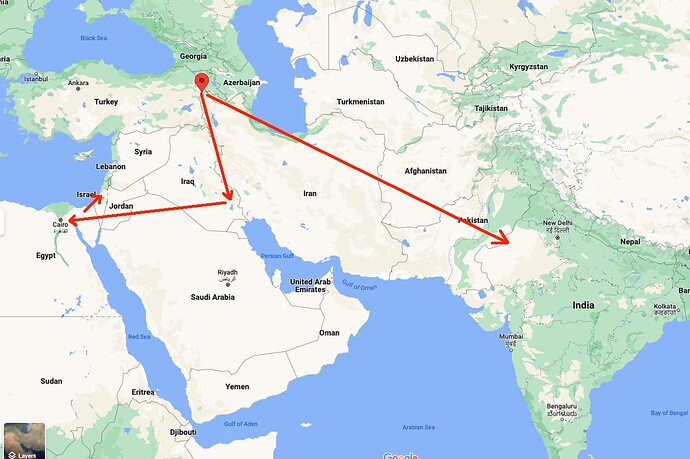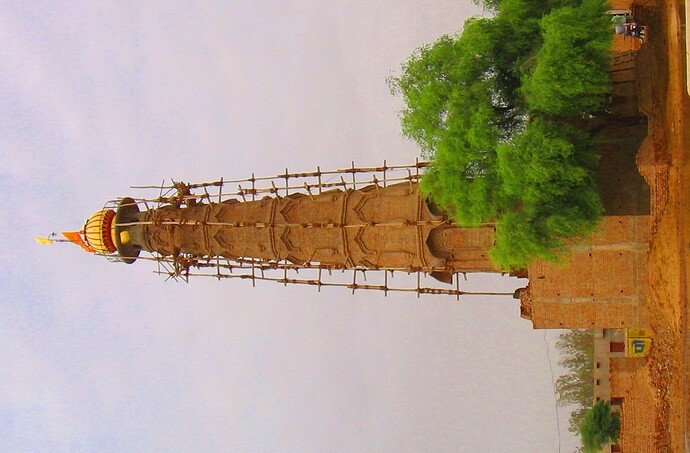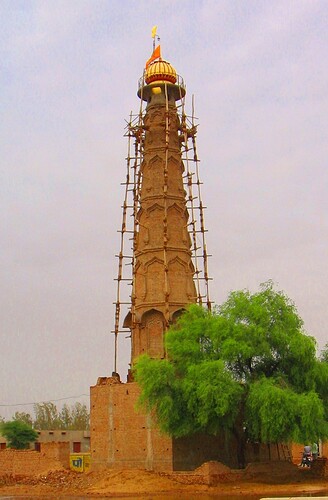well, it might be great if spelling Indian names were easy…
google: “Was Aristotle’s Claim of Indian Origin of the Jews True?”
Below also is something from Baltimore Jewish Times, an article published in 2015…Many things — such as the locale of ancient names – have others disagreeing and so I do not know how far to accept the Jewish Times version. But … For ex, in the Jewish Times article, the author notes that ancient Havilah was likely India…and perhaps those whom she/he consulted thought so. Havilah in Genesis 2:11 is identified with Arabia, or parts of it, by Wenham and Westermann in their commentaries. They do not suggest India, and it is a difficult stretch to put Arabia anywhere in the Indian subcontinent…but Havilah is an ancient name and so maybe some HAVE suggested India. Sailhammer – in The Expositor’s Bible Commentary – says point-blank that “Havilah cannot be identified” …which may be a fitting resolution to the matter, given all that can be seen about it
OK…good luck!
Again just google something like “Were the Jews from India?” or similar… Below is the quote from Jewish Times
Seven years ago, I read a quote from Aristotle claiming the ancestors of the Jews — the Hebrew people of the early Bible — came to the Middle East from ancient India. I began investigating and found all the evidence agreed with Aristotle. According to ancient Jewish authorities, the land where the Biblical Eden was located — Havilah — was ancient India.
and from biblicalcyclopedia.com re location of Havilah…
The only method of fixing more nearly the centers of these two divisions of Havilah is to look for some trace of the name yet existing. But, although Oriental names linger with great vitality in the regions where they have arisen, yet the frequent transference of names, caused by trade or by political revolutions, renders such indication very uncertain (Von Bohlen, on Genesis 10: 7). We shall therefore content ourselves with mentioning that Strabo, quoting Eratosthenes, places the Χαυλοτἃ ιοι near the Nabathoei, north of the Arabian Gulf (Strabo, 16:4), and that Ptolemy (4, 7) mentions the Αύαλ῝ ιται, on the African coast, near Bab-el-Mandeb, the modern Zeylah (comp. Plin. 6, 28; Gesen. Thes. 1, 452). Niebuhr also finds two Khawlans in Yemen, one a town between Sanaa and Mecca, the other a district some miles to the southeast of Sanaa (Beschr. Arab. p. 270, 280; see further, Buschung, Erdbeschr.V, 1, 601; Michaelis, Spicileg. 1, 189; 2, 202; Forster, Geog. of Arab. 1, 40, 41, etc.). These names may very possibly be traces of the great Biblical country of Havilah. SEE ETHINOLOGY .


